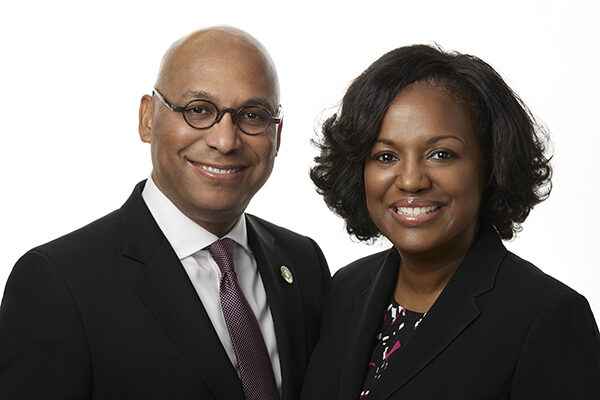The present pandemic is destroying my family. It isn’t that my family members have been infected by the virus, or died, or lost their jobs. Instead, I’ve deep concerns about the heated arguments we’ve had because of our different attitudes on the pandemic. Some members of my family are passionate about their beliefs that everyone who has access to the COVID-19 vaccines should get vaccinated to lower their chances of being infected and infecting others. While the others are totally opposed to the vaccines, to wearing face masks, and even reject that COVID-19 is real. They’re also opposed to what they perceive as government intrusion on mandating vaccinations and the wearing of face masks. I believe that if the virus doesn’t kill us, the tension between us is going to cause irreparable damage to our family unity. What should we do to save our family from totally disintegrating?
Your thoughtful question is the dilemma of the moment, not only for your family but for many families, including church communities who claim to believe in the same God and adhere to similar Bible doctrines. The truth is, while the choices being made on these issues have real-life consequences, fundamentally there’s not much difference between the strong feelings being passionately argued in your family and other disagreements that inevitably arise in all family relationships.
An important element to consider when such impassioned differences present themselves in our family relationships is to decide what’s most important. Is it winning the argument or preserving peace in the family, including safeguarding the dignity of each individual? If the later, then carefully considering what to say and what not to say will be the priority.
If strengthening our family relationships is what’s most important to us each time we communicate with our family members, we’ll be more likely to choose to be proactive rather than reactive when we talk with them. This is especially so when one talks about topics that are controversial, tend to cause a strong emotional response, or are wrapped up in the social and political ideologies of the person we’re speaking with.
Being proactive means choosing to listen first and talk second. It also means that rather than disagreeing with the comments made by the other person, you simply paraphrase what you heard them say. For example, your brother may say: “I believe the responsible thing to do during a world pandemic is to take a vaccine if one is available.” Instead of responding with: “I completely disagree,”a more proactive response would be: “I hear you say that the responsible thing to do during a pandemic is to take the vaccine that’s been developed.”
On the other hand, your sister may say: “I believe the vaccines the government wants us to take are dangerous and meant to make big money for pharmaceutical companies.” Rather than responding with sarcasm by stating: “That’s a silly thing to say; the responsible thing to do is to take the vaccine”; you might answer: “I’m hearing you say that taking the vaccine is a bad and irresponsible idea.”
The emphasis is to express that you heard and understood their point of view, rather than contradicting their opinion. Prioritizing listening to the points of view of others doesn’t mean agreeing with what they’re saying. Instead, this approach preserves the dignity of the other person and keeps you from engaging in an unproductive argument that will destroy your relationship without changing the other person’s mind.
Always remember: “A soft answer turns away wrath, but a harsh word stirs up anger” (Prov. 15:1, ESV).*
* Scripture quotations marked ESV are from The Holy Bible, English Standard Version, copyright © 2001 by Crossway Bibles, a division of Good News Publishers. Used by permission. All rights reserved.



